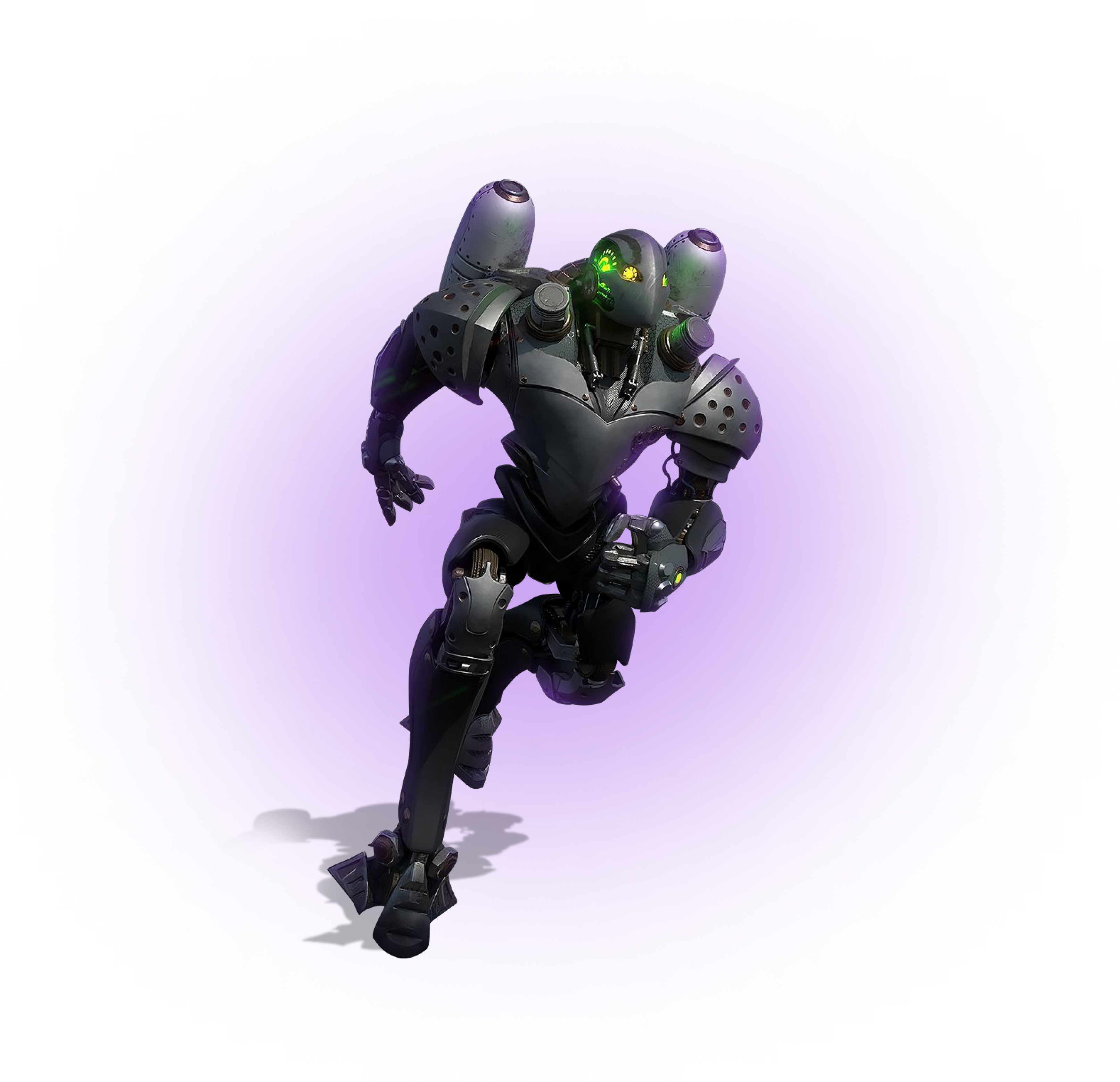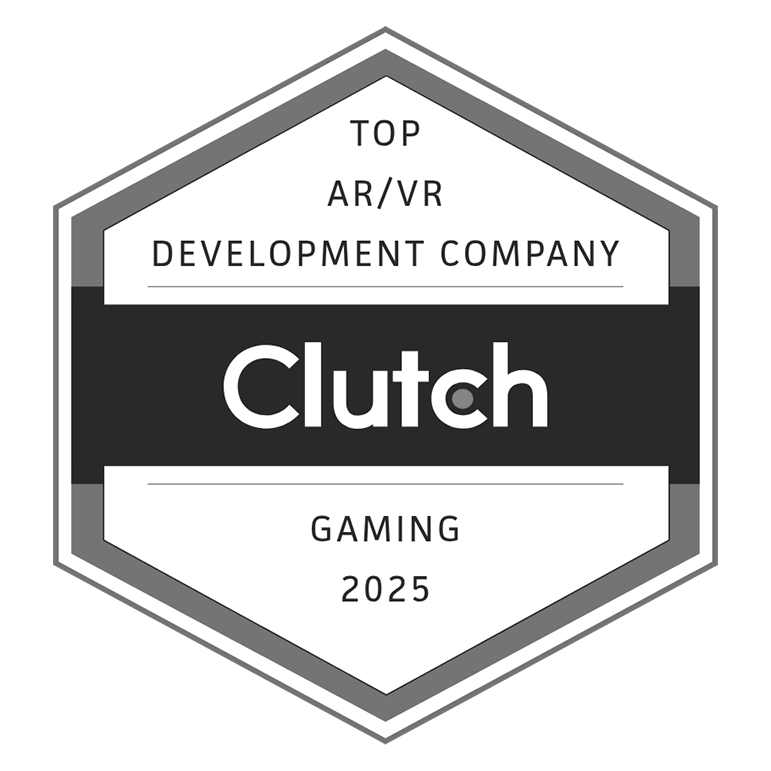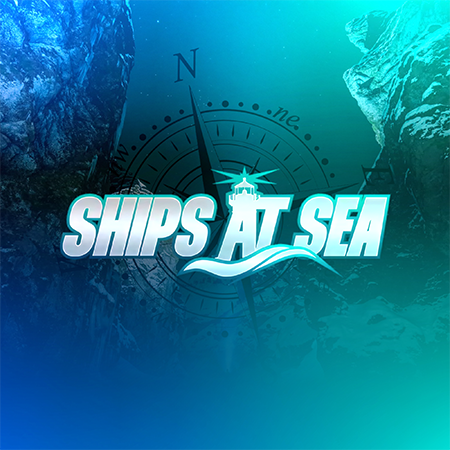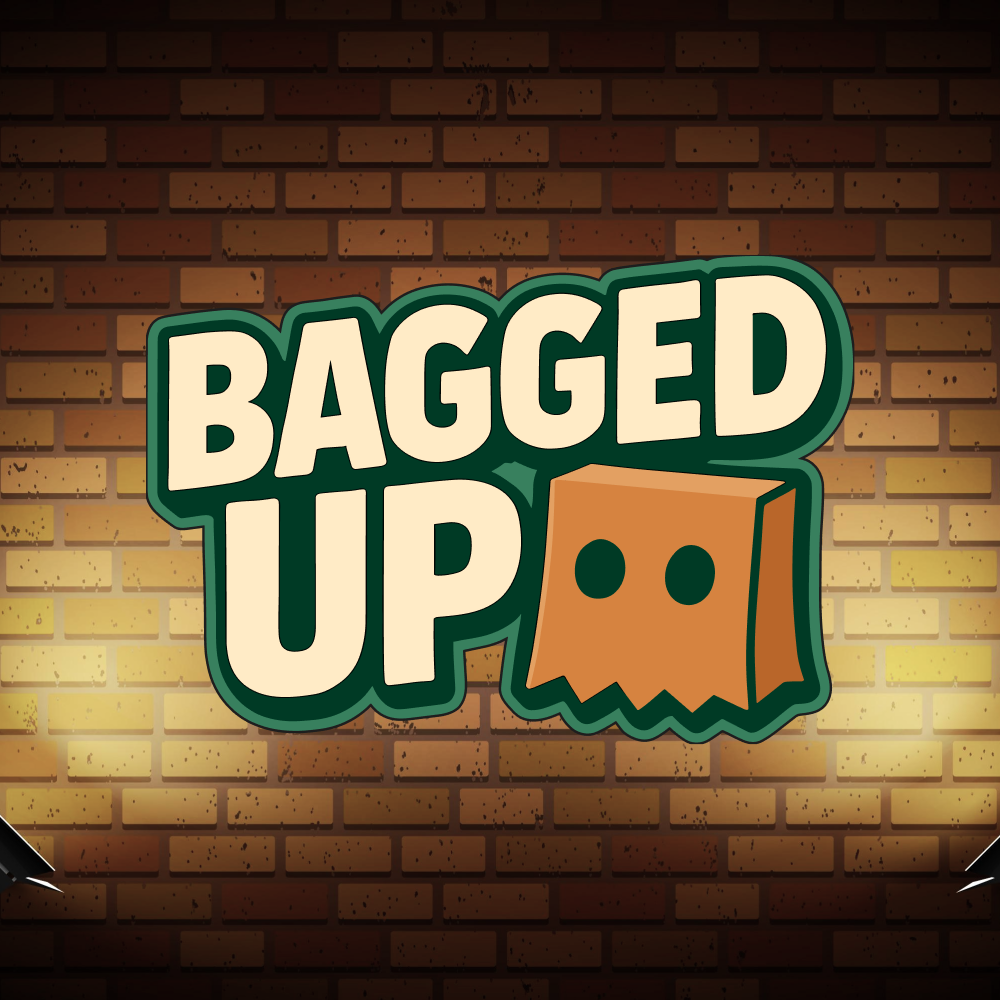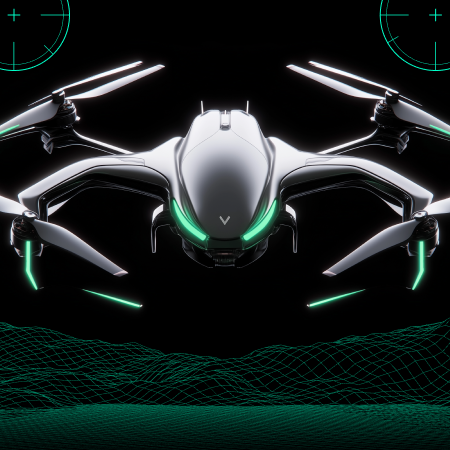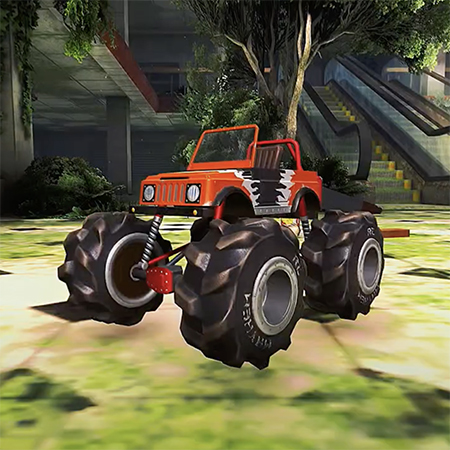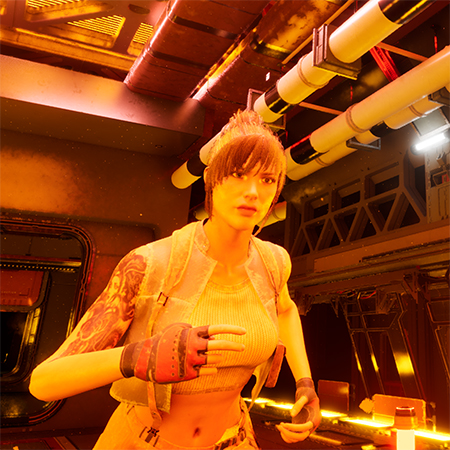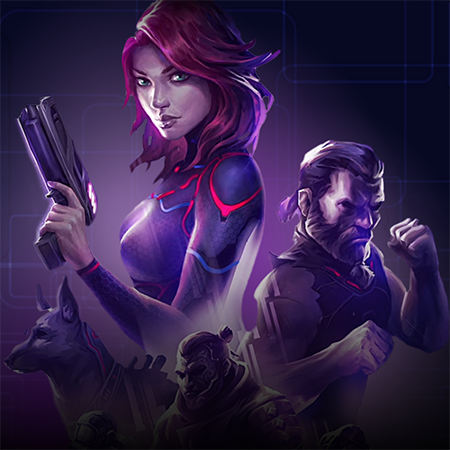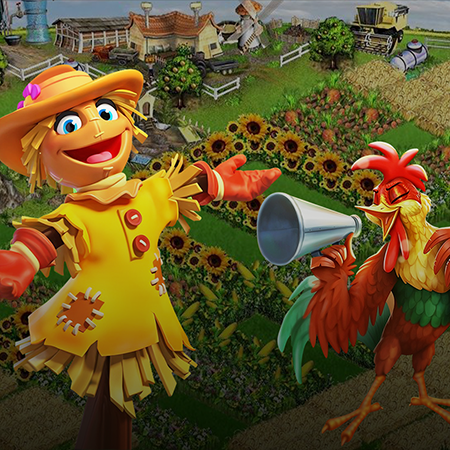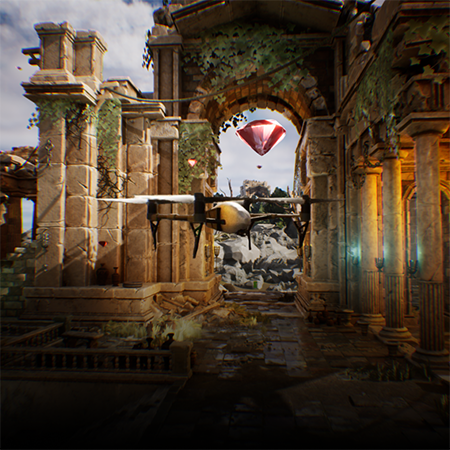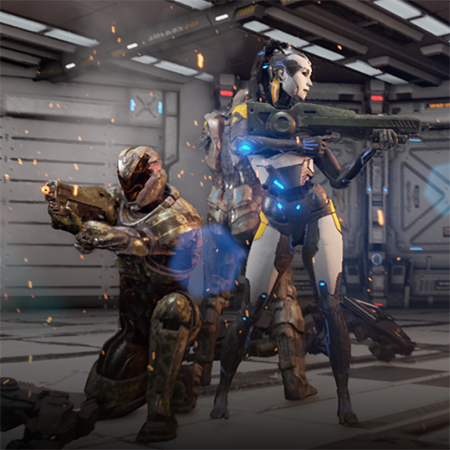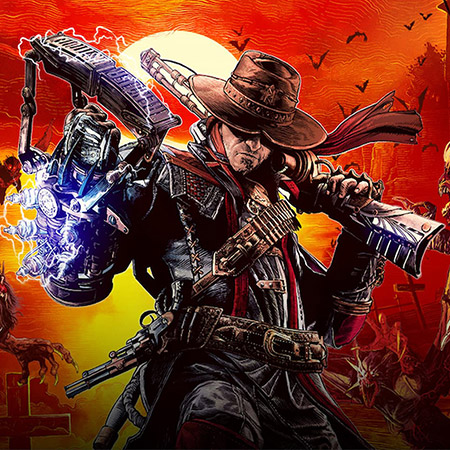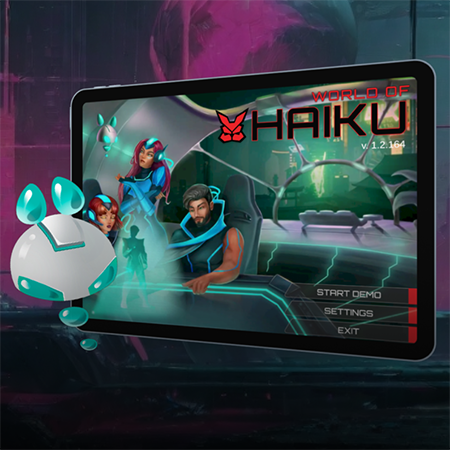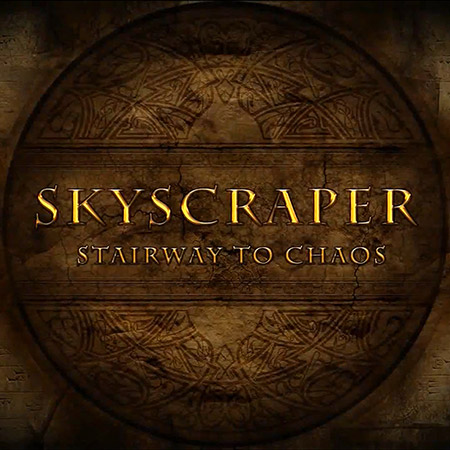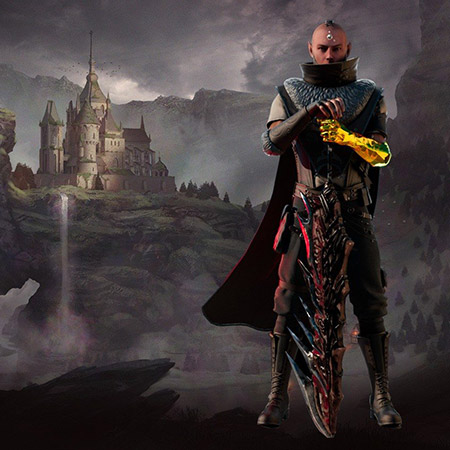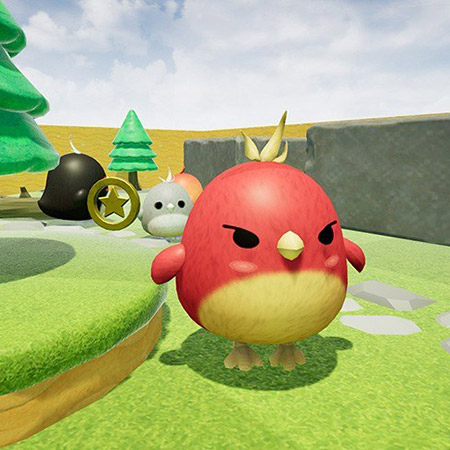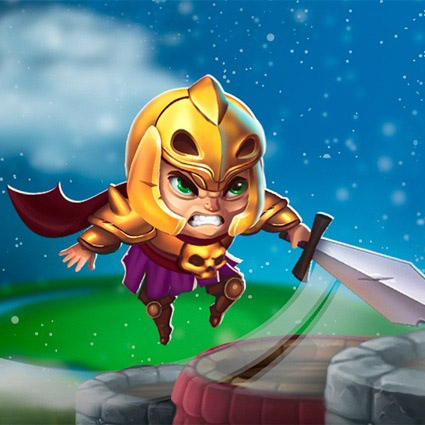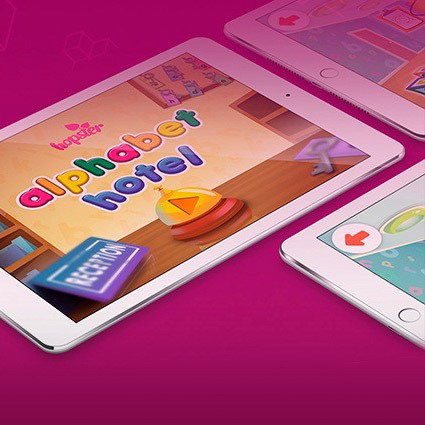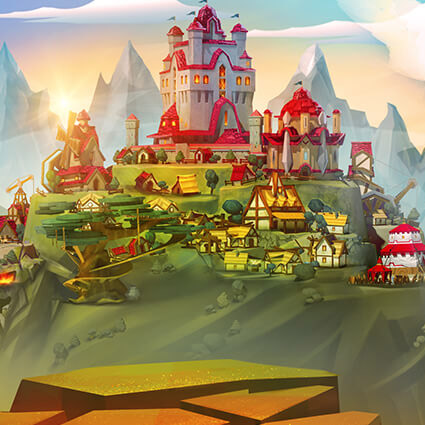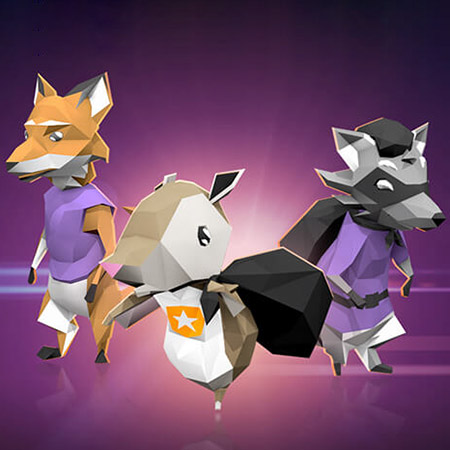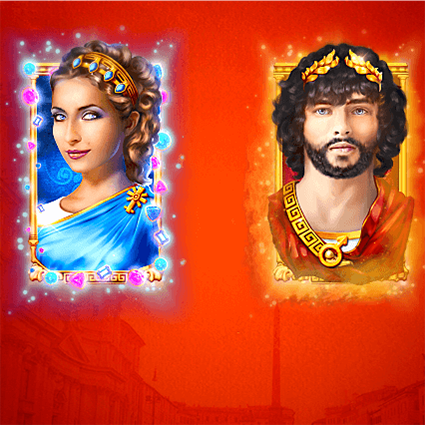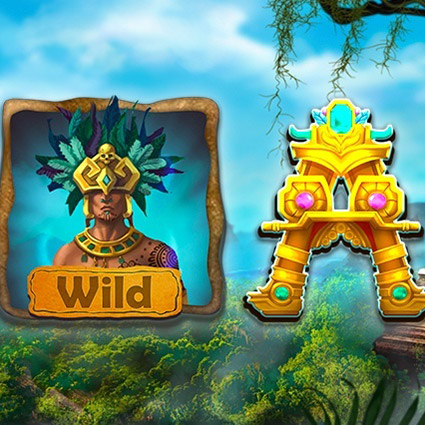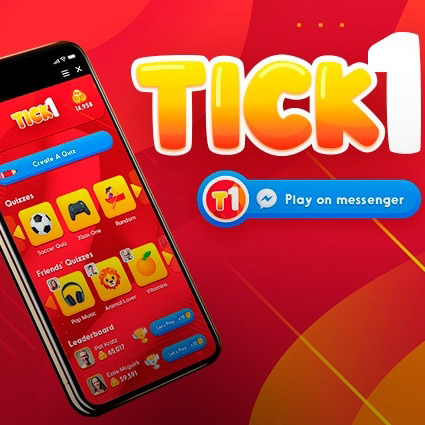It doesn’t take a lot of effort to come up with an idea for a game, but the effort of bringing it to fruition is beyond comparison. Game development is a long and arduous process that few companies and developers manage to see through to the end, so most good game ideas end up scrapped or frozen in development hell.
Nevertheless, developers who are not intimidated by the rigors of the process and are ready to devote sufficient resources can be rewarded handsomely in profits after the game is released. To help up-and-coming developers on their quest to build a successful game, we will draw upon our own knowledge and experience with the Unity platform, and hopefully share the basics of unity game development with them.
As you probably know, Unity is one of the most popular game engines available today, accounting for over half of modern mobile games, and a large portion of games of other formats.
Timeframes of making a game in Unity
Games are notoriously long to develop, but the timeframes can be very different, depending on the type of game being made. From a format level, Unity supports the development of console, PC, mobile, and VR/AR titles, so you can see that the range is quite substantial. Adding to this diversity, games also come in a variety of genres, and offer varying amounts of content. All of these factors have a big impact on the timeframes of development.
Diving into the specifics, we want to mention that most commercial titles take months to years to make, but there are some caveats. For example, 2D titles tend to be built faster than 3D ones. Furthermore, most mobile games take 2x or 3x less time to make in comparison to big AAA titles for PC and console. To get a better understanding, we can provide a few examples of popular Unity games’ development timeframes:
| Mobile | |
| Temple Run | 4 months |
| Monument Valley | 10 months |
| Shadowgun Legends | 1.5 years |
| Hitman: Go | 1 year |
| AAA | |
| Escape from Tarkov | 4 years |
| Deus Ex: The Fall | 2 years |
| The Elder Scrolls: Legends | 2 years |
| VR | |
| VRChat | 5 months |
| Beat Saber | 3 years |
| Rick and Morty: Virtual Rick-ality | 1 Year |
The development timeframe of each game kind can become longer in case of making a game an NFT one. The reason is creating and implementing the specific system and programs like Smart Contract that is based on blockchain. In order to make this process faster and don’t waste time on figuring out how these relatively new technologies work, it is better to entrust game creation to an experienced NFT game development company.
Unless the game that you’re developing has a stringent deadline, you should not set arbitrary timeframes for your title, but rather dedicate as much time as is necessary to deliver the project with a high level of quality and review. Still, to keep the development moving along at a speedy pace, you can set ETA projections and put more specific deadlines on the intermittent stages and tasks of the project.
Stages of Unity programming
A typical game project involves many stages of work, from initial planning and conceptualization to marketing and release. Because developers are generally not involved in the preparatory and post-coding phases, we will only be focusing on the stage when Unity is used. Notably, this is also the stage that takes up the most time and requires the most people working together.
It is very difficult to break down the chronological order of Unity development, simply because all studios go about the process in different ways, and may choose to work on different things in the order that best suits them rather than a standardized one or popular template. Another key factor to consider is that many stages may be in progress at the same time, so there is no first, second, third, etc. Thus, we will just examine the main trajectories of the development process.
Unity Prototyping
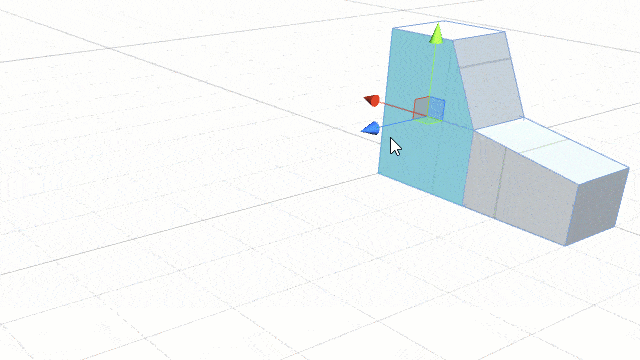
If any of the major development stages have a chronological anchor, it is prototyping. Prototyping is generally performed before major resources are poured into a project, and is aimed at determining the viability of a project and how it might look in the end.
During prototyping, a miniature version of the game is created, just to see how well it works. Concept art is transformed into functional models, mechanics are built from elaborate plans, and some kind of user interface is created to access the first version.
All of this work serves to test whether a title will achieve its purpose, be fun for the player, and be practical to build. For example, the mechanics initially conceptualized may prove to be very complex and time-consuming, prompting the studio to modify or supplant them. Additionally, the prototype can serve as a proof of concept or MVP demonstrating to distributors the viability of the project.
While Unity offers the freedom to create custom UI and relevant content for prototyping, it also offers an Asset Store where different packages for prototyping are available, featuring a variety of standard GameObjects, prefabs, textures, and other essentials.
Unity Scripting
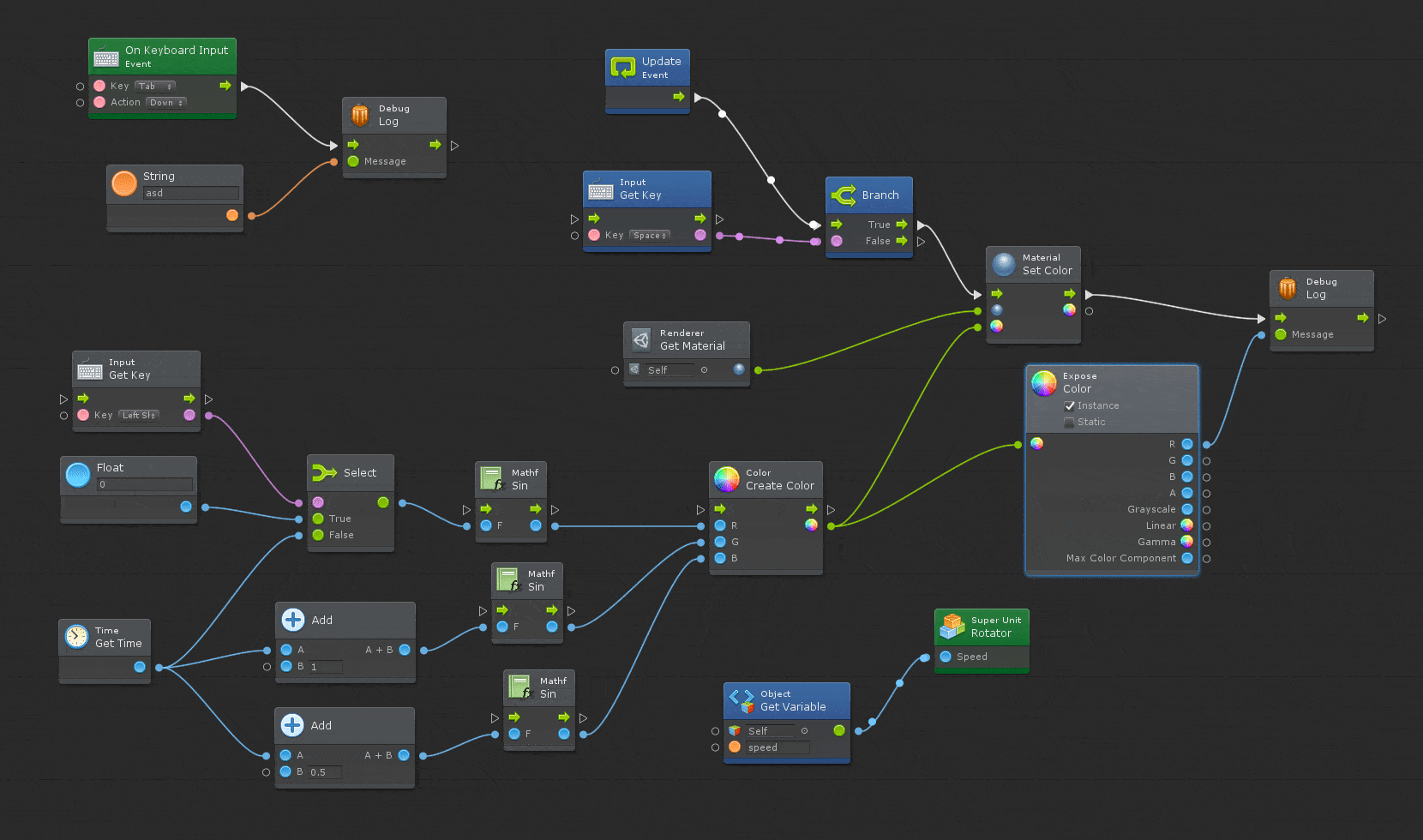
Scripting (coding) is another one of Unity’s top essentials. Rather than being applied during one or two stages of development, coding is used extensively in the creation of Unity games for a wide variety of features and aspects.
Unity titles are mostly based on C# code, though Javascript and Boo may also be used for certain elements. This code can be written in IDEs (integrated development environments) like Visual Studio and Rider, as well as visual scripting tools like Bolt and Playmaker.
2D Elements
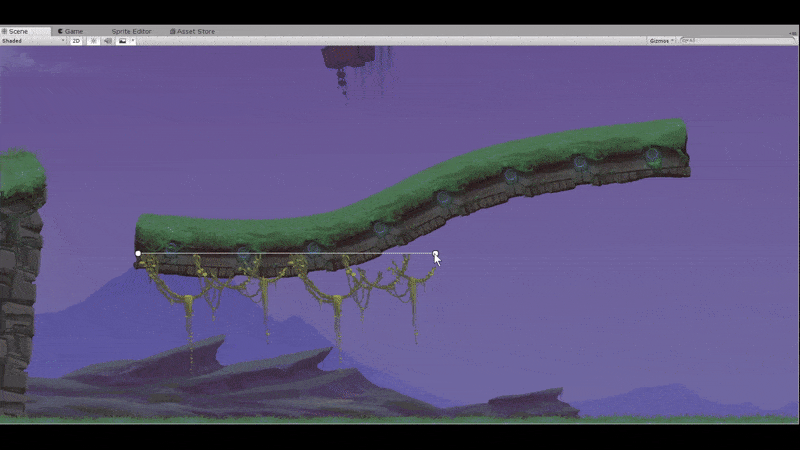
Even if you are building a 3D project, it is quite common to implement certain 2D elements, including backgrounds, sprites, and textures. 2D images in Unity can be created and rendered in the Sprite Renderer component, while 2D physics are maintained through tools like Box Collider and Rigidbody. For fully 2D projects, levels can be created with the handy Tilemap system.
User Interfaces
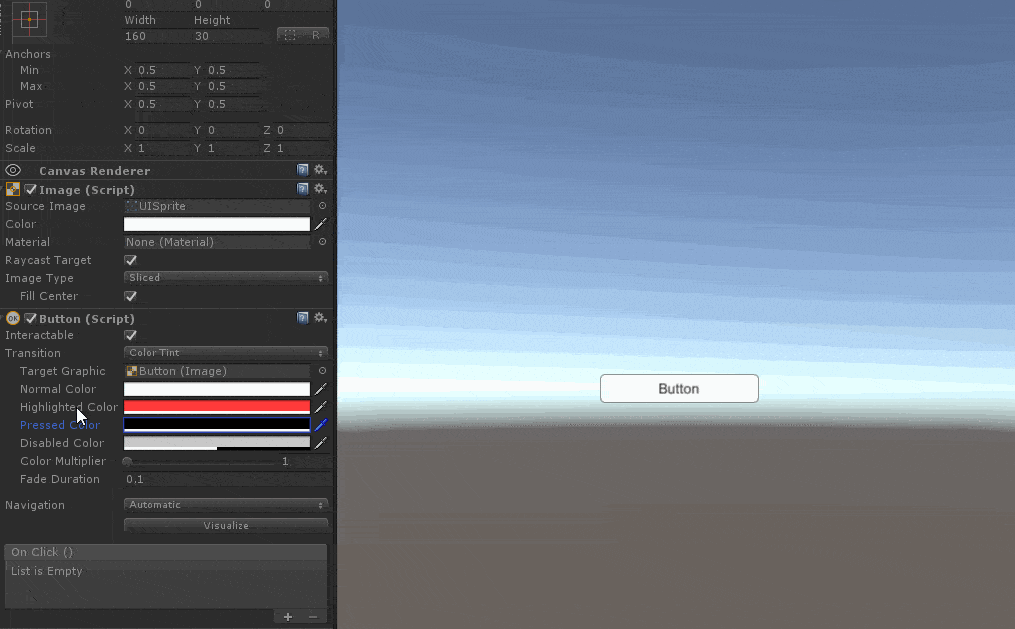
The UI of your program will act as the portal through which users access and enjoy it, so it is important to make it easy to use and convenient. Fortunately, Unity offers several toolkits to assist with the UI creation process. First, there is the UIElements toolkit, which is mostly geared towards webgames and webapps.
On the other hand, Unity UI and IMGUI are used more widely in the development of game titles. Unity UI is the simpler of the two, but does not support building UI within the main Unity Editor program. IMGUI is more complex and is driven by codes and scripts, but also allows more detailed customization and debugging.
Unity Physics
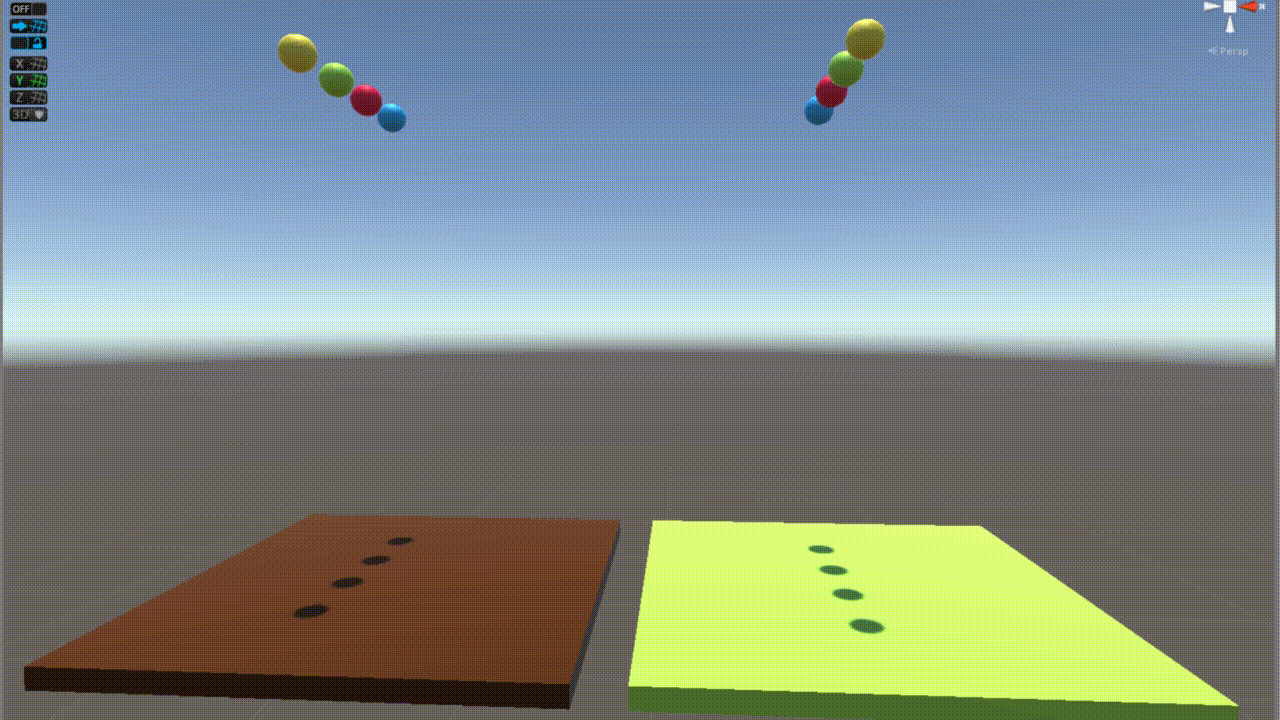
Physics refers to the world built in the software – how things like gravity, movement, impact, and inertia function. As Unity is one of the finest and most comprehensive engines available to software developers, it has some of the most innovative physics engines in the industry, which have been improved and polished extensively over the past decade. The best practices in Unity physics involve controlling them through scripts and the Rigidbody component available for both 2D and 3D projects.
Graphics
This is one of the most complex parts of the design process. To make a game look nice, designers put great time and effort into configuring and modifying shaders, lighting, camera angles, VFX, and particles. Unity offers a proprietary shader system, as well as a recommended set of techniques known as Global Illumination.
Unity Navigation
Navigation generally refers to the way characters and objects move around in the game world, though it also applies to the UI and how the user moves through available menus and their options. Most games include a map situated on a certain level, so navigation features are applied level-by-level, or remain consistent throughout each one. Navigation is built within the confines of a Scene, and the main components used to manage it are known as NavMesh and OffMesh.
Networking
If you are building a multiplayer title or one that has some internet features, you will need to work with some complex scripts to make everything work. Fortunately, Unity has several tools to make the process easier. Network Manager and High Level API are available for simple multiplayer games, while advanced ones tend to rely on the NetworkTransport API.
Unity Animation
Animation in Unity differs greatly depending on whether the content is 2D or 3D. 2D animation can be created with the help of the 2D Animation and 2D IK packages. On the other hand, the primary tool for 3D is known as Animator, and allows you to easily control the movement of objects and characters with top-notch rigging and lifelike motions.
Unity Audio
Last but not least, audio is an essential part of any release, encompassing speech, sounds, game music, SFX, and ambiance. The built-in Listener, Source, and Mixer features let you import audio and play around with it in a multitude of ways before and after adding it to your Unity video game.
It should also be clarified that the process involves both game developers and designers. Game designers create the models, layout, mechanics, gameplay, and structure of the game. As for developers, they write the code that allows everything created by designers to work. Oftentimes, the two roles are merged or there is some overlap between their responsibilities and abilities.
What a Unity game creator will need
To complete a Unity game, the first thing you will need is Unity itself. You can download the software for free, but there are certain limitations to what you can do with it. If the project is commercial in nature, you will likely need to choose one of the paid plans (starting at $40/month) which offer more features and flexibility. Once you have the software, you may also need to download certain assets, components, plugins, and other content tailored to the needs of your project.
From a hardware standpoint, you will need a powerful computer that supports high-graphic rendering and processing. If you plan to release your software on a certain OS (such as iOS, Android), you will need devices running on these systems to properly tell whether it is working as it should be. VR and AR software can also be tested exclusively on special hardware (typically a smartphone, smart glasses, or headset), so buying or renting these gadgets can prove necessary.
Finally, you may also need a team of developers if this is a significant project and not a hobby to pass the time. Most major game studios hire dozens (if not 100+) of developers to work on a single title, simply because there is so much work that needs to be done and they need to stick to limited timeframes. You should scale your team up or down according to the talent needs of the project and the speed of its development.
Challenges of Unity game development for beginners

Overall, Unity has a great track record of making it easy for companies (especially indie studios) to make high-quality games, but it is not perfect by any means. For starters, many people realize during their first Unity project that they lack the coding experience (with C#) to implement high-end features, so they go back to reading and learning about how to achieve what they were going for.
Additionally, many specialists who have worked on Unity 3D programming for a long time complain about the bugs, and not the ones they themselves are responsible for. Working with the platform, you may experience a bug present in the Unity software itself with no fix and need to rework some things, but the same can probably be said about other game engines.
Finally, there is the matter of price. The free version of the software does not allow you to implement many high-quality features, graphics, and performance boosters, so you end up paying a hefty amount for the Pro or Enterprise versions.
How to use Unity for the first time
Unity is very accommodating towards its user base, and offers a wide variety of materials for learning how to work with the engine. For example, the Learn center of their website has dozens of useful tutorials and video walkthroughs, while the Docs center offers manuals on nearly every major topic connected to Unity software.
Furthermore, the company offers a variety of courses tailored to developers with different levels of Unity experience. After reaching a significant level of experience and knowledge, some specialists even opt to receive certification in the field, which cements their status as skilled developers and creates job opportunities.
Finally, many third-party resources offer educational materials and programs. For example, Udemy has free and paid courses on the relevant subjects, while countless helpful videos about Unity can be found on YouTube.
Unity Game Development Services
If you find that you lack the time, resources, knowledge, or staff to build the game of your vision, you should not let hope fade away. You can always find a studio or company that you trust and let them bring your vision to life. Picking such a company is not to be taken lightly, as you will need someone with the expertise, talent, and dedication necessary to deliver the project on time and just how you want it.
Game-Ace is a studio based in Eastern Europe with over 15 years of experience in game development. Our portfolio includes hundreds of games of all sorts – mobile, AAA, VR/AR. Unity is a platform that we are very familiar with. In fact, we know it so well that our team of Unity-certified specialists is the largest in Europe. We are always on the lookout for new and interesting projects, so if you are searching for a trusted partner to handle the development of your game, look no further. We will be happy to discuss your project and how it can be accomplished – just shoot us a message or give us a call.
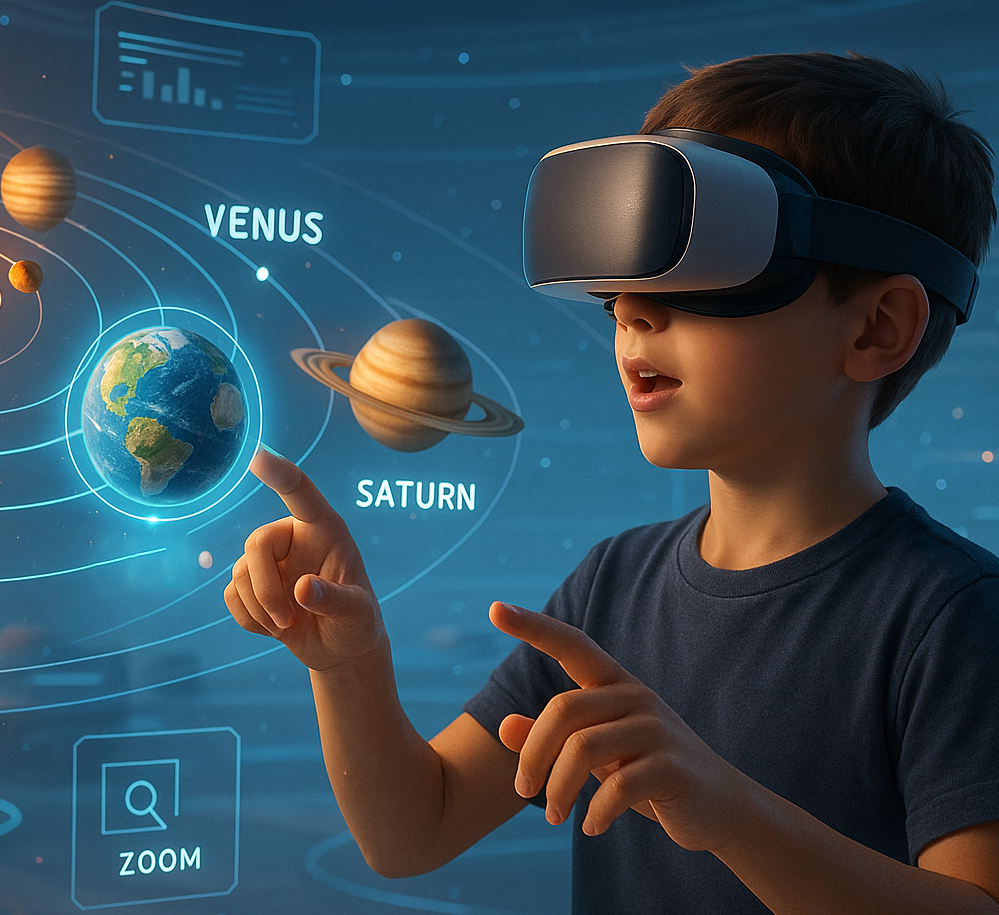 How to Design Learning Games That Teach Real-World Skills to Young Learners
How to Design Learning Games That Teach Real-World Skills to Young Learners 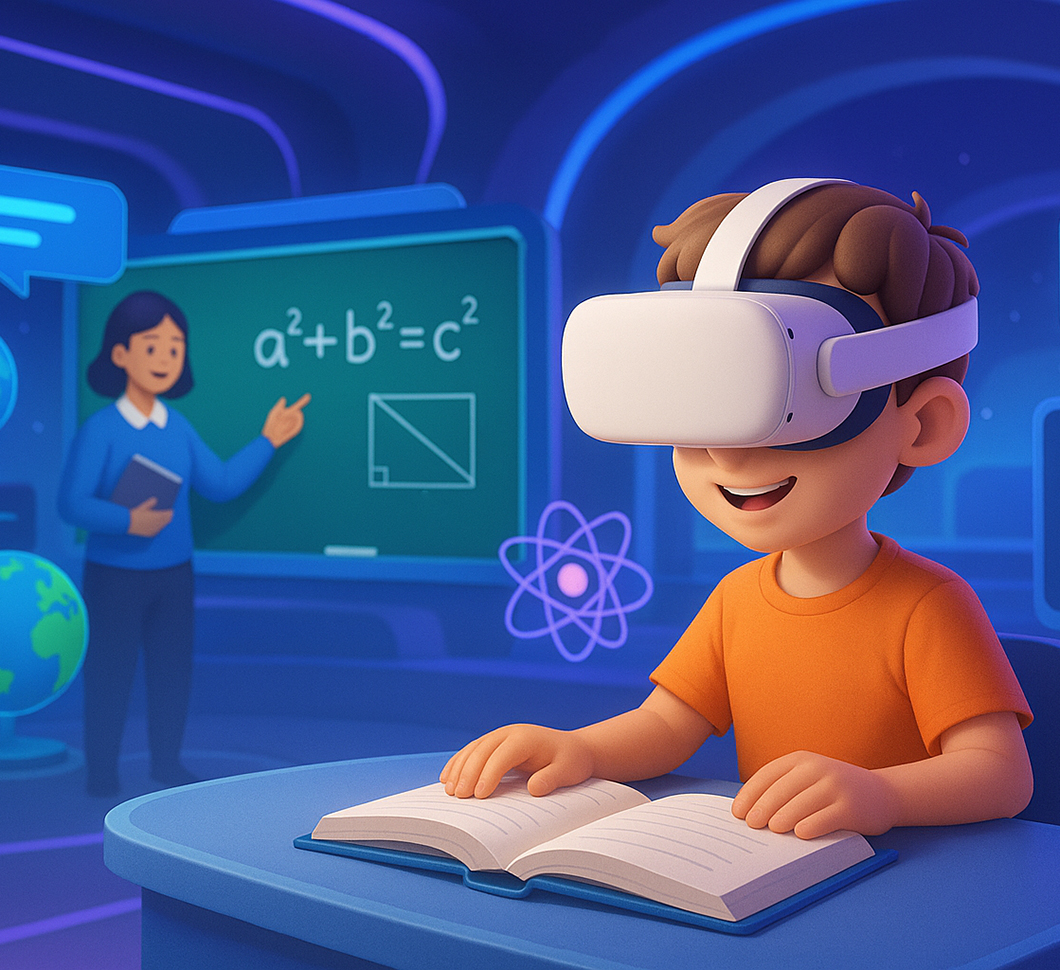 Level Up Learning: How Game-Based Learning Drives Real Results
Level Up Learning: How Game-Based Learning Drives Real Results 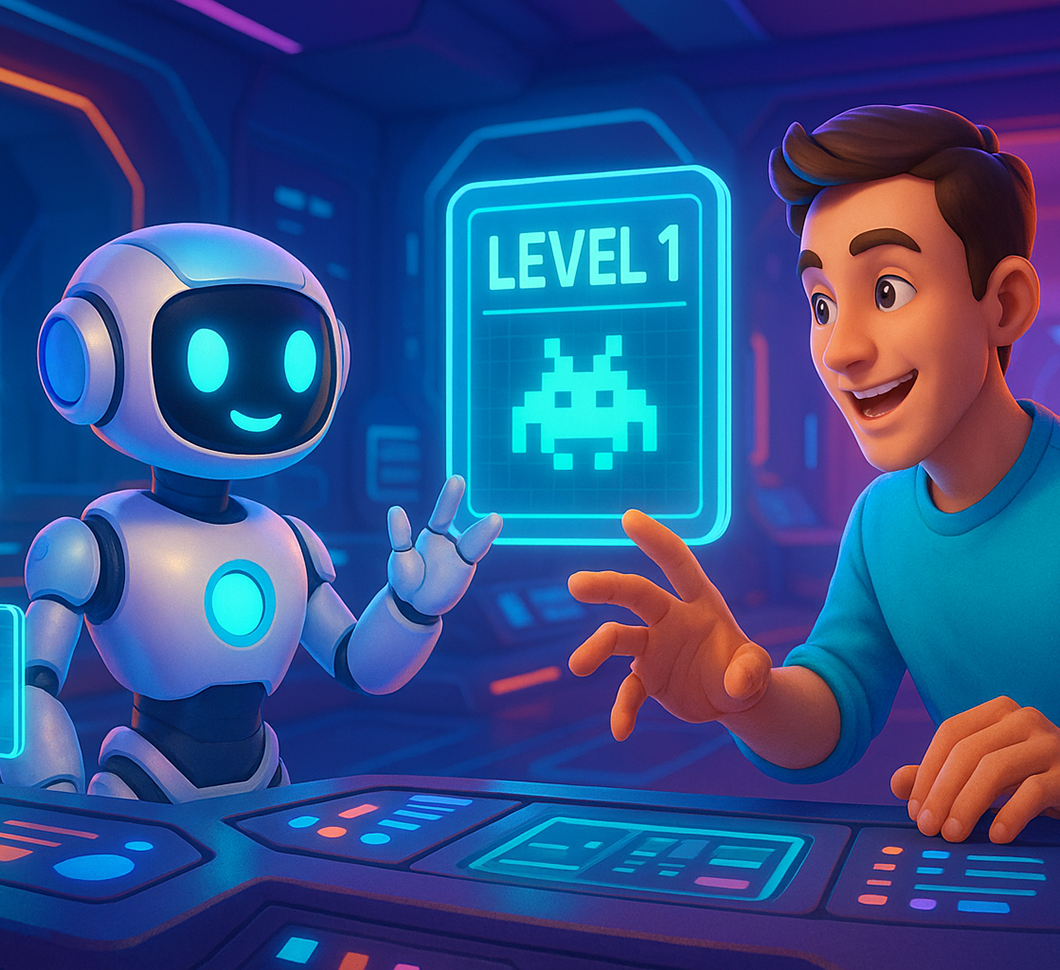 AI Game Assistant Integration for Smarter, Player-Responsive Games
AI Game Assistant Integration for Smarter, Player-Responsive Games 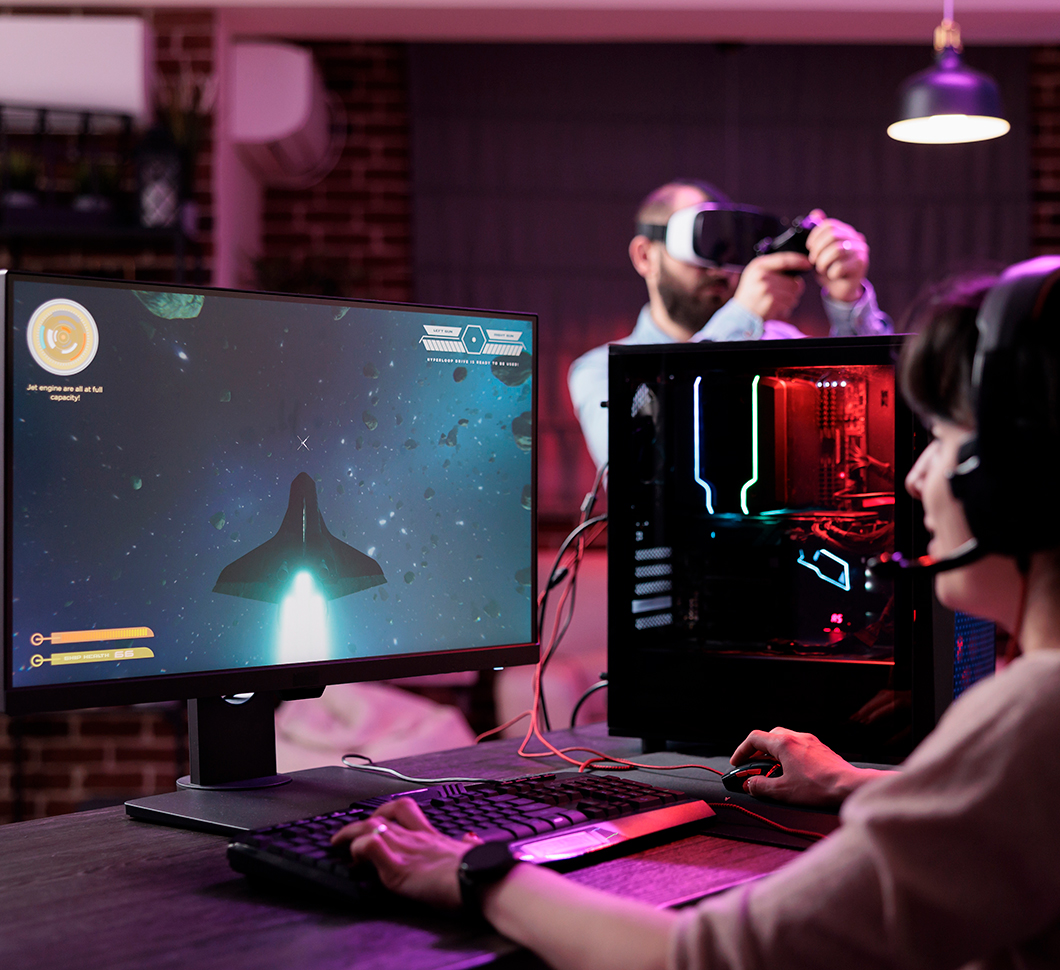 Beyond Reality: What Is a Simulation Game and Why It Matters Today
Beyond Reality: What Is a Simulation Game and Why It Matters Today 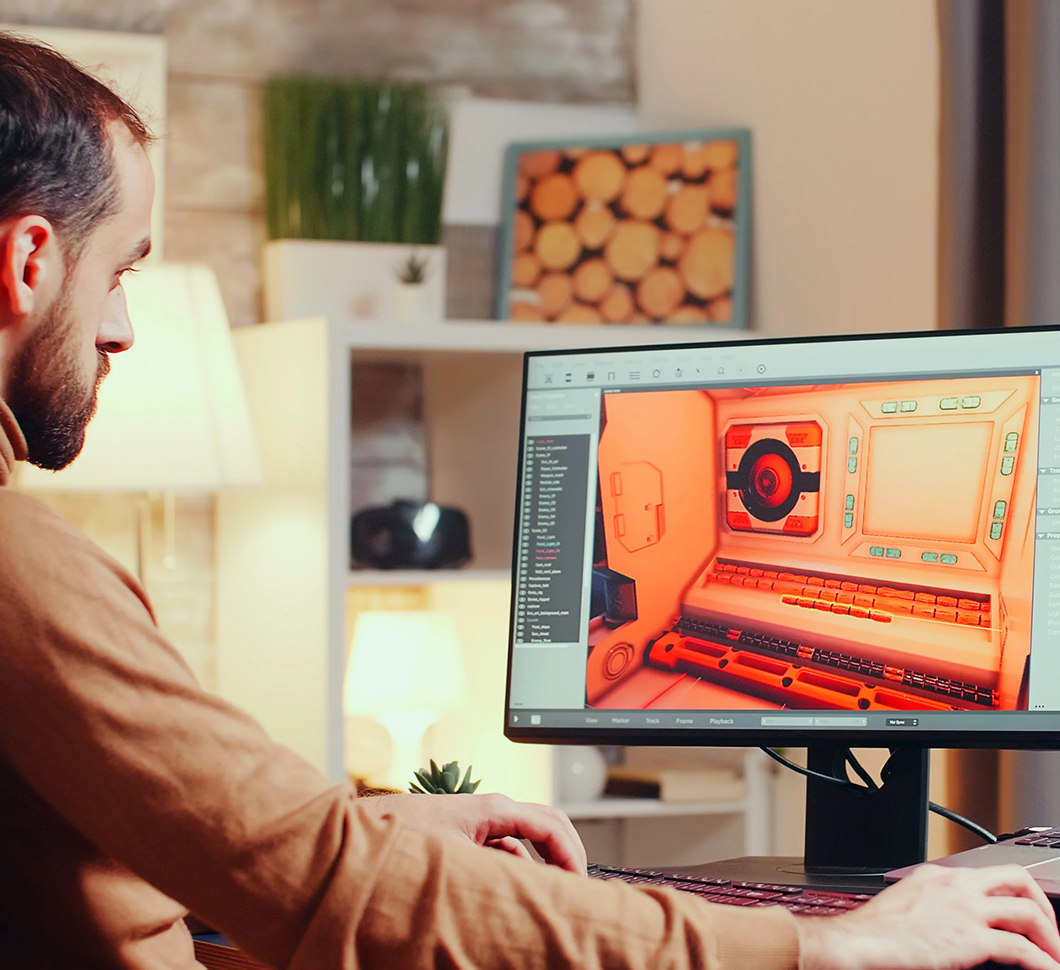 Proof of Concept Game: The First Step Toward a Full-Scale Game
Proof of Concept Game: The First Step Toward a Full-Scale Game 